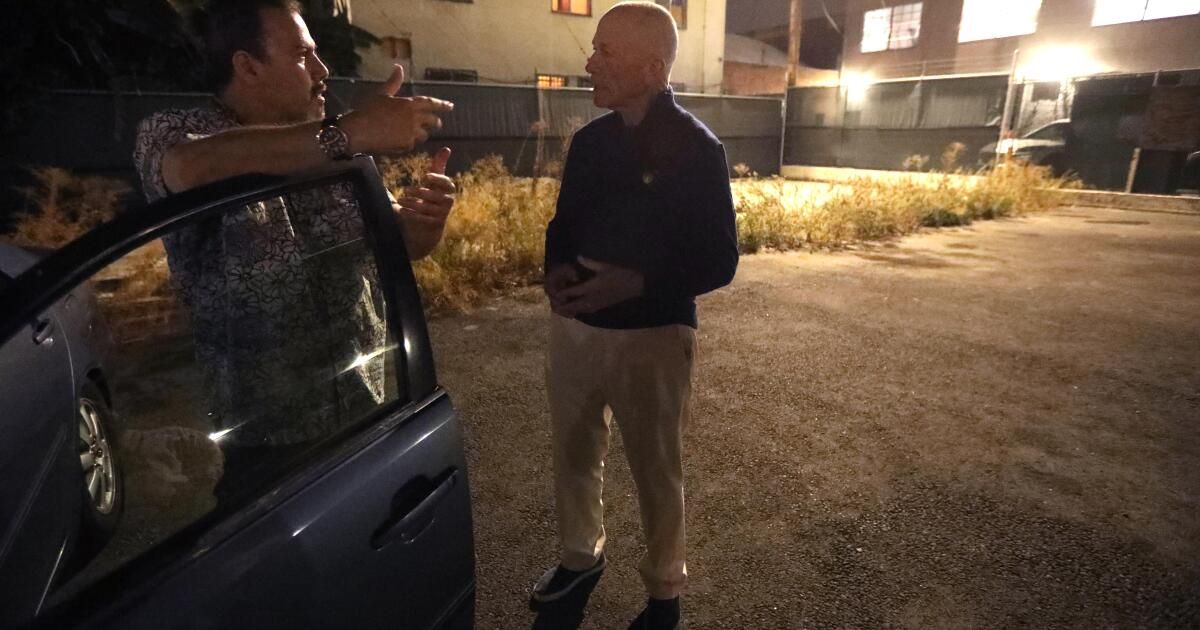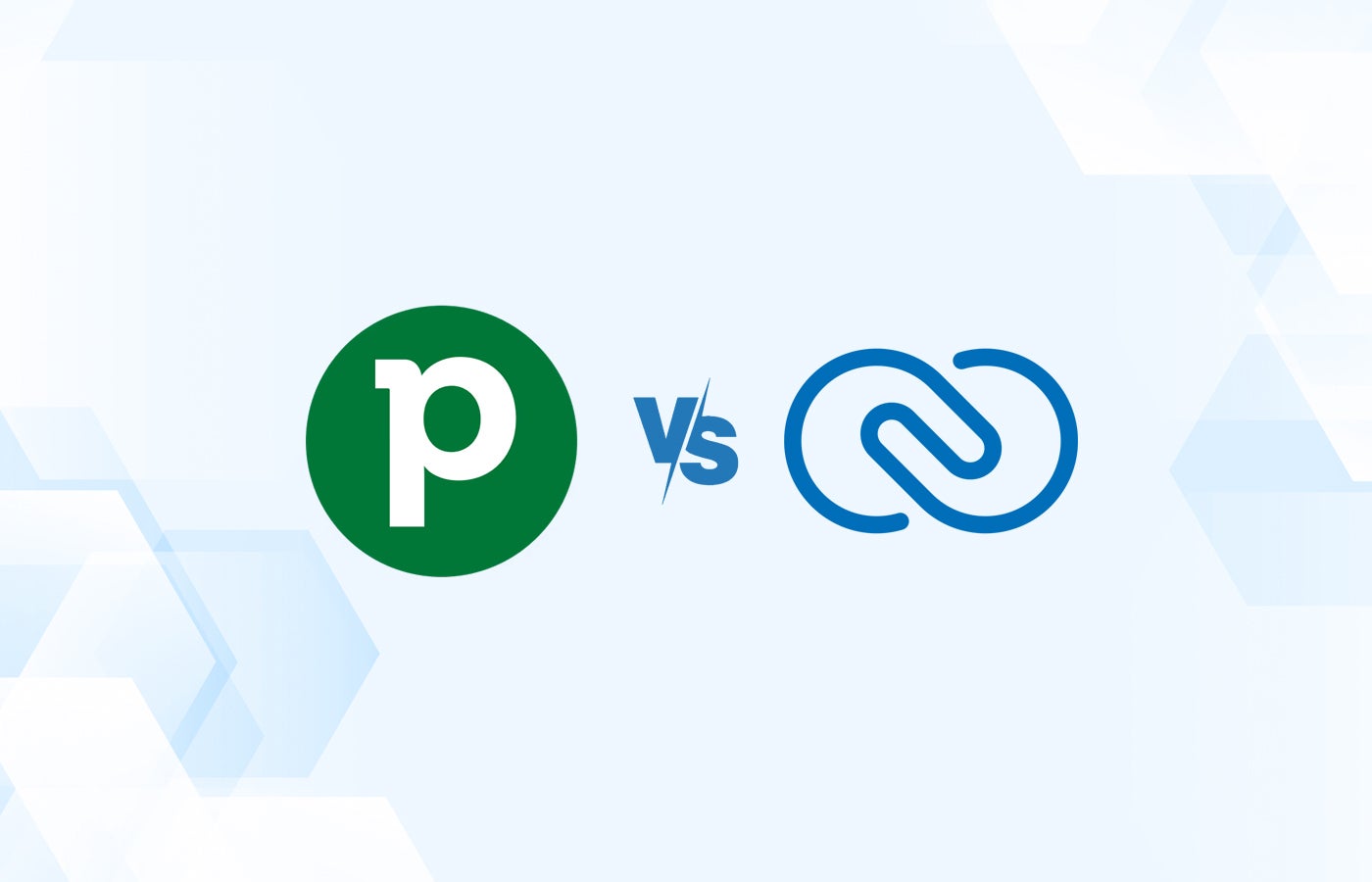I have been homeless. Twice.
I faced a dilemma in those situations that more than 650,000 Americans experience on any given day: “Where am I going to sleep tonight?”
He Legal battles over the criminalization of homeless people. He seems completely disconnected from that reality. It's a feeling I will never forget.
In 2013, after my $2,500 a month lease expired, I was looking for a house in Santa Monica. The previous lease was not affordable; I needed something more in a single parent's budget. And I needed space for my two tweens when they were with me.
To make matters worse, my $6,000-a-month summer job at the Lobster restaurant disappeared in November when I suddenly went from seven shifts a week to zero and was “on call.”
First I sublet a co-worker's apartment in Venice Beach for a month, and then my sister told me I could stay in the two-bedroom apartment she was vacating, which had one month left on the lease and was already paid for . Perfect.
That night I slept like a baby in my new house.
That would be the last night of restful sleep I would have for a long time, because the next day, at 8 pm, my sister announced that I had to vacate my new home, effective immediately. Owner's rules. Turns out I wasn't on the lease and had no right to be there. If I stayed, the police would be knocking on the door. I didn't want my sister to get in trouble, so I grabbed my duffel bag, my pillow, and my blanket.
“Where I am going to sleep?” I asked my sister rhetorically.
I looked around in my Toyota 4Runner. There was enough space to lie down in the car and spend the night.
And it occurred to me that with my 24 Hour Fitness membership, I would have access to the bathroom and shower the next morning. I showered and arrived at work freshly dressed. My coworkers and boss didn't notice. They never knew I slept in my vehicle the night before.
I found a job that made $2,000 a month, a third of my previous income, but I ate, saw my children regularly, and paid child support. That's a responsibility I promised myself never to be late for.
I ran some monthly numbers: with child support of $850, a 10×10 unit at Public Storage that houses my belongings for $120, car insurance for $80, gas to get to and from work and see the kids for about $300, plus a hotel or Airbnb every other day. weekend allowing me to keep my father's chores at $400, the cell phone was $100, that left $150 for food for the month. The gym was already paid for for the year. The car was paid for.
Living in my 4Runner became a viable option. Being a naturally lonely person who didn't want to spend time with anyone except my children, I made an impulsive but informed decision. I decided to sleep in the car for a month. That month became 18.
Is your coworker sleeping in his car? You may never know. I worked three jobs in the time I lived out of my car. Good jobs too: serving steaks for $100 and bottles of Cabernet for $1,000. Nobody ever knew. During that time, I found a job in a restaurant and was making $5,000 a month. However, I continued in the Toyota. It was what I needed at that moment to become the healthy, well-rounded father I am today.
Some people need it because they have no other better option. I believe that choice is a right that a person has. TO most of Los Angeles County's 70,000 homeless residents living in cars, trucks, or recreational vehicles.
If you lost your job and your health benefits right now, would you have enough money in your bank to pay your inflated rent in Los Angeles even for a month? Even those who can say “yes” may remember a time when they were not in such a secure position. For many people it is very easy to become homeless and it is often difficult to escape. I was lucky.
If the Santa Monica police had knocked on my window any of those months when I was stuck in my Toyota at Ocean Park and 21st Street and arrested me, I would have a criminal record. That could have made it impossible to get my job and income back, pay child support, and be eligible for certain housing. I was lucky not to end up with a criminal record.
I was also fortunate to have a work history and contacts that helped me get a new and better job.
But I came close enough to being unlucky to feel some empathy for the people who still sleep in their cars, in city parks, or on the Venice boardwalk. For me, sleeping in my car was a choice; For many it is the last resort. They shouldn't be arrested for running out of options.
Brian Ramian is a writer working in the film and hospitality industries.












